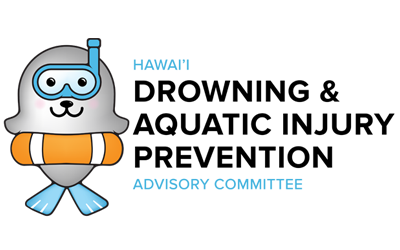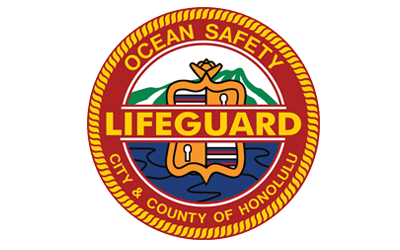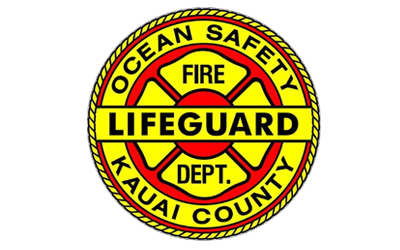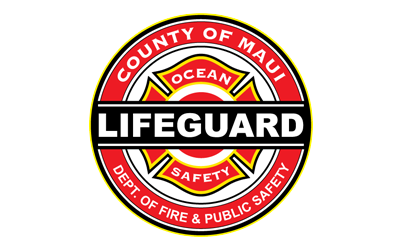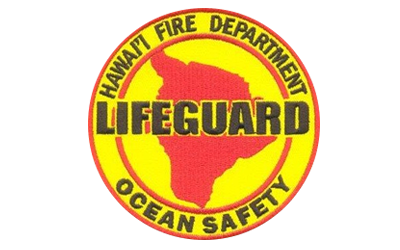
Before you go in the water, be aware of your health limits and current fitness level.
Francesco Faconti/Shutterstock.com
Being in the ocean is more physically demanding on your body than swimming in a pool, pond, river or creek. Anyone intending to snorkel, swim or participate in other water activities should be an experienced ocean swimmer familiar with the risks and dangers associated with high surf, strong currents, and waves breaking in shallow water.
It is also important to know your current health and fitness condition before going into the ocean. Certain individuals have a higher risk of injury when participating in any kind of physical activity, including ocean-related activities.
If you don’t exercise on a regular basis, or if you have health issues or concerns, talk to your doctor before you participate in any ocean activity.
Check with your doctor first if you have:
You should also check with your doctor if you have experienced the following symptoms:
Even if you have not experienced the above, you should consult your doctor before participating in an ocean activity if any of the following apply:
If you are unsure of your health or fitness level, have other health problems or are pregnant or may be pregnant, speak with your doctor before participating in any ocean activity. It’s always safest to know before you go.


